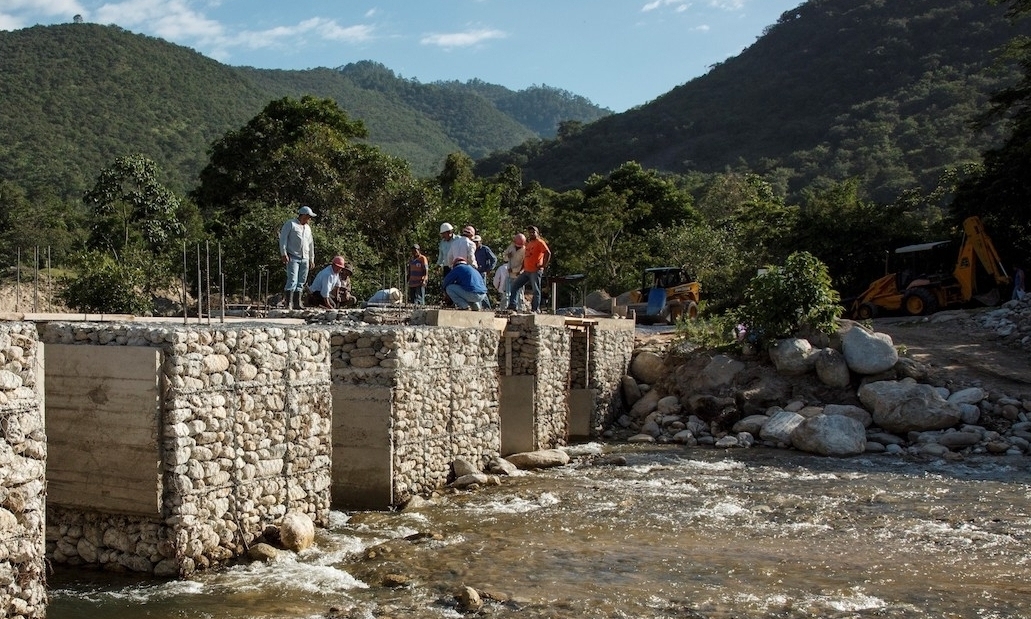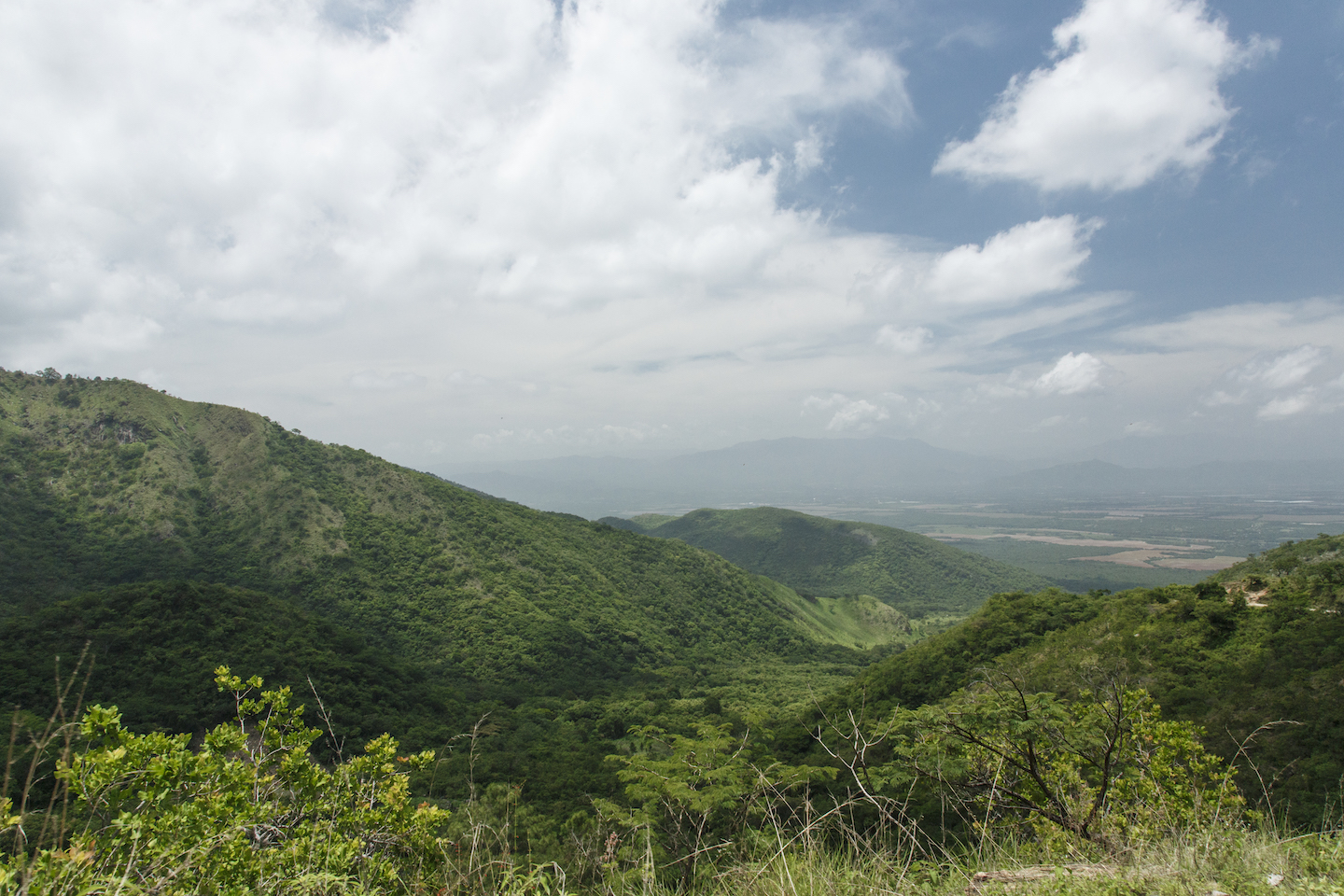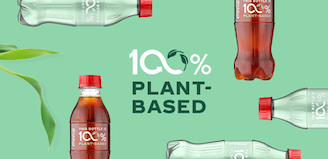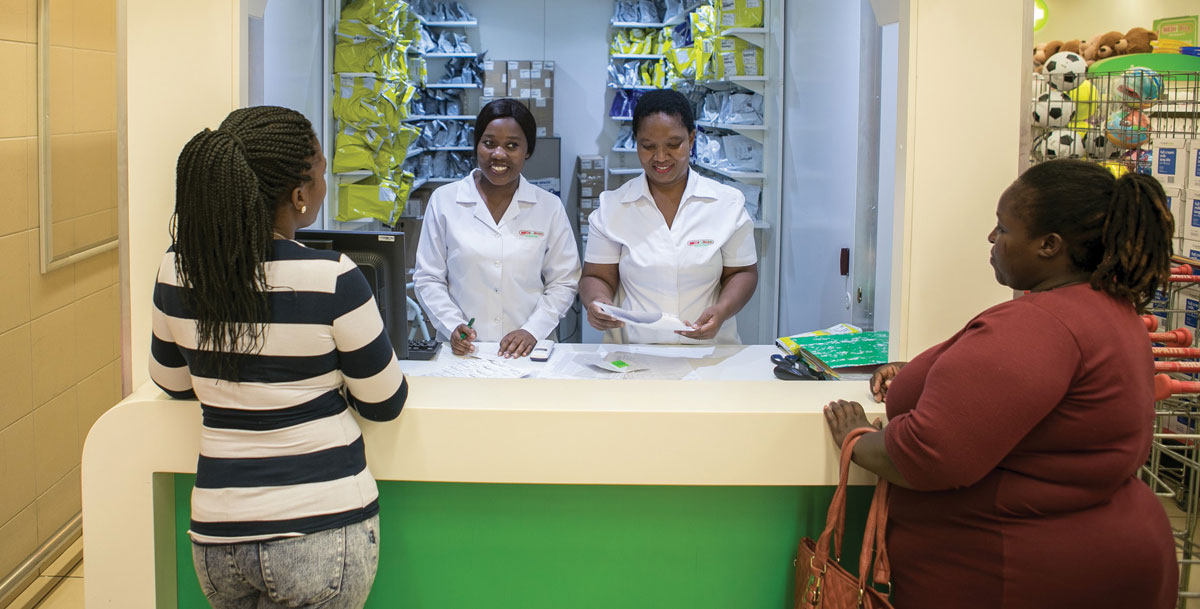- Logo
- Our company
- Our brands
- Sustainability
- Social impact
- Careers
- News
- Investors
- Search
- Language
- Reciteme
Search
Coca‑Cola and World Wildlife Fund working together to tackle water stress
Guatemala’s cloud forest: A blueprint for tackling regional water scarcity

The Coca‑Cola Company has long been conscious of its responsibility to respect and protect water resources. A long term partnership with World Wildlife Fund (WWF), the world’s leading independent conservation organization, includes many programs across rivers, ecosystems and community work.
In Eastern Guatemala, efforts to conserve water are going right to the source of the problem. That means working in the Sierra de las Minas mountain range, ensuring that headwaters in the cloud forests capture water and allow it to flow to all those living and working below. The health of the watershed depends, in part, on these forests.
When climate change and people put too much pressure on forests and the services they provide, the consequences are devastating. Droughts are more frequent and more severe. Crops fail, leaving children malnourished. Subsistence farmers are forced to pack up their belongings and leave. Forest fires cause respiratory problems. Social conflict rises as people compete for a scarce resource.
One of the themes of World Water Day is that everyone has a role to play in tackling such difficulties.
This has already been happening for over a decade in Guatemala, where Coca‑Cola was one of the first participants in the Water Fund, partnering with WWF and other stakeholders, such as Fundación Defensores de la Naturaleza to protect the Sierra de las Minas Reserve Zone through an integrated approach for managing its watersheds. Now the partnership is working on including a climate resilience focus into this approach.
What they have achieved together has become an example of best practice when it comes to ensuring the shared resource of water is protected for both current and future generations.
Equipped and ready for action
Together, they have trained local people to prevent and control forest fires, providing the essential equipment to stop these fires spreading and causing irreparable damage.
Also, they have provided energy-efficient stoves to the local people so they rely less on the forest for wood for cooking. The stoves have also saved a significant amount of time, freeing up people to help with tree planting and protection of the forests, since they don´t have to spend so much time cutting branches from the trees in the forest to burn.
In numbers: Work in the Pasabien watershed
- 27 people trained as firefighters and more than 70 trained in forest fire prevention and control
- $10,000 provided in firefighting equipment
- 10,000 trees planted
- 35 energy-efficient stoves provided
“Working with WWF in Guatemala, we prioritized the key challenges at the source of the watershed – the cloud forests – and really focused the protection work up there,” explains Ulrike Sapiro, Senior Director, Water Stewardship & Sustainable Agriculture at The Coca‑Cola Company.
This year, the partnership will support tree-planting activities in this watershed, making sure the trees planted are resilient to future climate changes.
Sharing resources and knowhow
The partnership with WWF has been key to the project’s success.
The Coca‑Cola Company was already present in the region through its bottling plant. It was one of the first companies to make a commitment to replenish 100% of the water it uses there, but quickly realized it could also contribute in many other ways too.
“The urgency of climate change is making a real difference in the need to use water as a shared resource, making it absolutely critical for us to take on a more expanded role around water,” explains Ulrike Sapiro.
And WWF’s David Kuhn believes harnessing the influence and resources of big business is a key way to find and implement solutions.
WWF provides the technical expertise regarding best practice and water management, while Coca‑Cola is in a unique position to be able to provide funds and talk to both producers and consumers. It can also use its influence to urge other agencies, companies and local authorities to take similar action.
For example, when Coca‑Cola first made its commitment to replenish the water it uses, there were no ways of measuring or evaluating that promise. Now, a consortium of firms has developed an industry standard that will help all firms assess their impact properly and respond in a meaningful way.

Building resilience
The work will constantly need to be revaluated and reassessed – especially given the impact of climate change. But David Kuhn believes that Coca‑Cola has been ahead of the game in the work it has done so far.
“Coca‑Cola has been one of our pilot partners when it comes to investing in the right way and the right solutions,” he says. “We have three core concepts of resilience: not harming nature, using nature to help people, and helping nature adapt. Coca‑Cola has been great working with us towards implementing these very important principles in Guatemala,” he says.
Indeed, the work in Guatemala is now an inspiration and potential blueprint for other projects and partnerships all over the world, demonstrating what can be achieved through collaboration and a commitment to protect water at the source.



